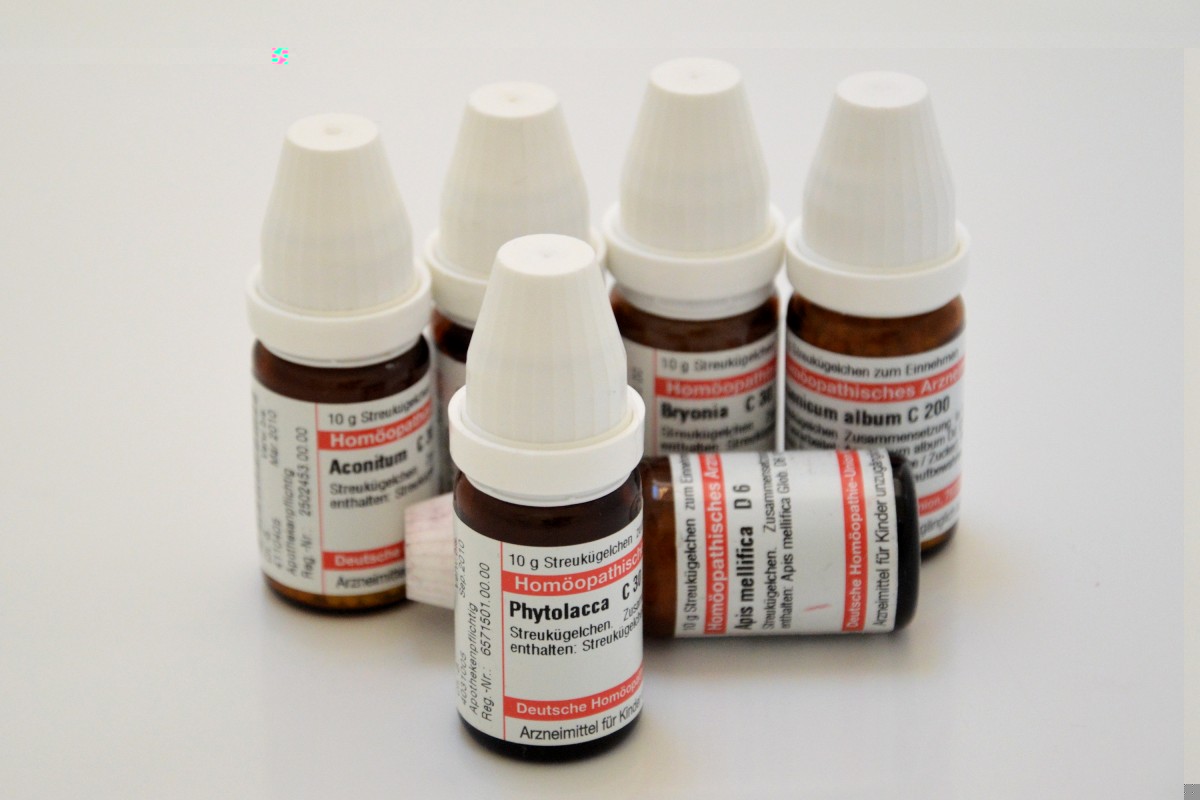



RCVS releases new position statement on complementary and alternative medicines
On Thursday 2nd November, the Royal College of Veterinary Surgeons (RCVS) Council approved a new position statement on the veterinary use of complementary and alternative medicines, including homeopathy.The statement comes on the back of years of speculation by vets and animal owners alike, each with an opinion on the efficacy and ethics of homeopathic and alternative therapeutic treatments within veterinary practice. Some have questioned the legitimacy of such alternative therapies, and have labelled many of those practising homeopathy within veterinary medicine, ‘fraudsters’, while those who have used such methods for years are defending their work as an authentic and proven alternative to drug-based treatment.
The RCVS statement is as follows:
We have recently been asked questions about complementary and alternative medicines and treatments in general and homeopathy in particular.
We would like to highlight our commitment to promoting the advancement of veterinary medicine upon sound scientific principles and to re-iterate the fundamental obligation upon our members as practitioners within a science-based profession which is to make animal welfare their first consideration.
In fulfilling this obligation, we expect that treatments offered by veterinary surgeons are underpinned by a recognised evidence base or sound scientific principles. Veterinary surgeons should not make unproven claims about any treatments, including prophylactic treatments.
Homeopathy exists without a recognised body of evidence for its use. Furthermore, it is not based on sound scientific principles. In order to protect animal welfare, we regard such treatments as being complementary rather than alternative to treatments for which there is a recognised evidence base or which are based in sound scientific principles. It is vital to protect the welfare of animals committed to the care of the veterinary profession and the public’s confidence in the profession that any treatments not underpinned by a recognised evidence base or sound scientific principles do not delay or replace those that do.

RCVS President Professor Stephen May said:
It is fair to say that debates on either side of this issue have been passionate and this too has been reflected in the debates that we have had amongst Council members as to how to best articulate the College’s position on complementary and alternative medicines.
What we have is a statement that reinforces the evidence-based and sound scientific foundations of our profession and our commitment to put animal health and welfare at the forefront of all we do.
I am very pleased that the overwhelming majority of Council members agreed with this statement and that the College has a firm and clear position on this important topic.
For more information on complementary and alternative medicines from the RCVS, click here









